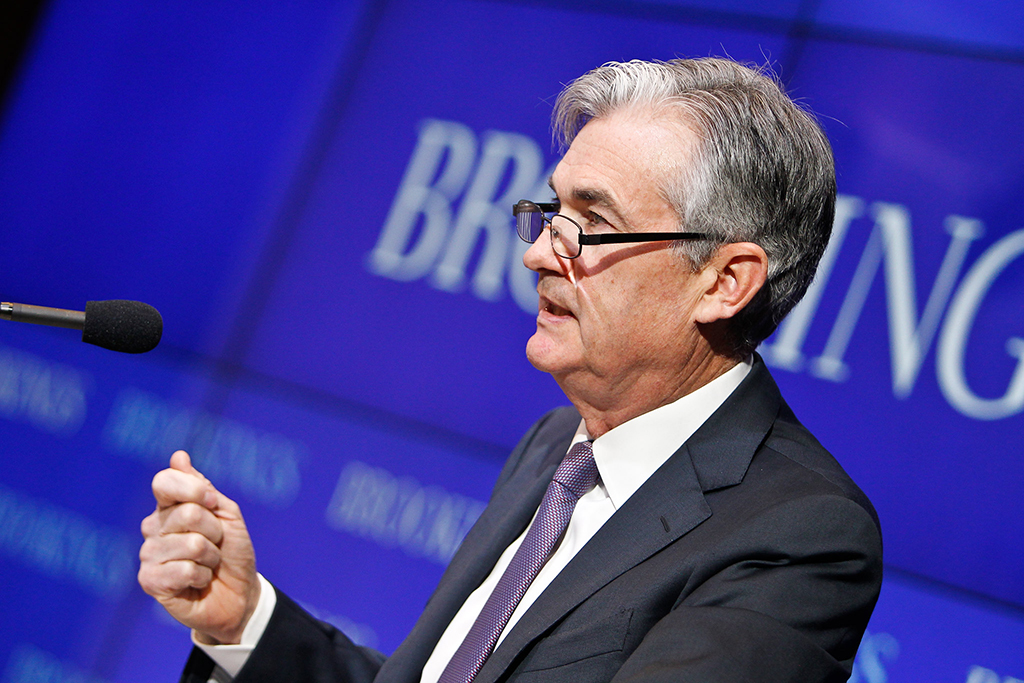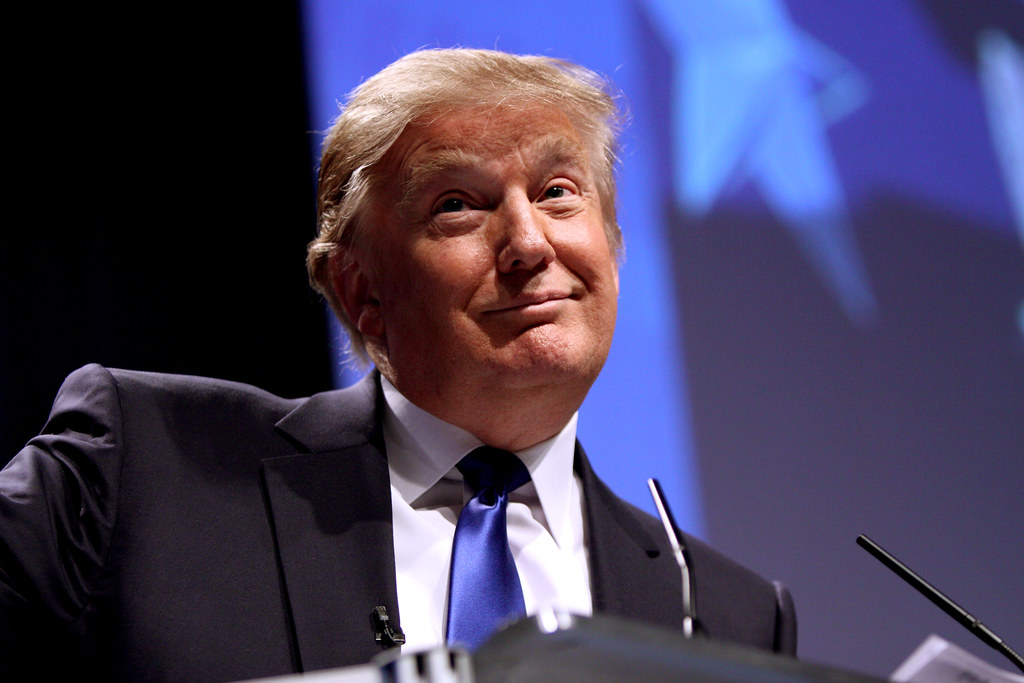Federal Reserve Chairman Jerome Powell said that Libra raises serious concerns regarding privacy, money laundering, consumer protection, financial stability, adding that the project “cannot go forward” until Facebook’s answers to regulators’ questions.
U.S. Federal Reserve Chairman Jerome Powell said Facebook‘s plan to build a digital currency called Libra “cannot go forward” until serious concerns were addressed. To his opinion, Libra raises “many serious concerns” including potential risks to the stability of the financial system because the user-base of the social media giant is just huge.
He said:
“I don’t think that the project can go forward … without there being broad satisfaction with the way the company has addressed money laundering, all of those things. Libra raises many serious concerns regarding privacy, money laundering, consumer protection and financial stability. These are concerns that should be thoroughly and publicly addressed.”
Powell added that the Financial Stability Oversight Council (a group that includes top financial regulators across the government) held a staff-level meeting on Facebook’s plans last week.
The company still has to face the questions about Libra in back-to-back House Financial Services and Senate Banking Committee hearings next week.
Powell went to explain that any regulatory review of the recently announced project should be “patient and careful.” He also said that the FED established a working group to follow the project and is coordinating with other central banks across the globe. He added that he expects the U.S. Financial Stability Oversight Council, a panel of financial regulators, review the idea immediately.
Even though he said he supported financial innovation “as long as appropriate risks are identified”, he thinks that the massive platform enjoyed by Facebook immediately sets Libra apart from other digital currency projects:
“Facebook has a couple billion plus users, so I think you have for the first time the possibility of very broad adoption. Any problems that could emerge through Libra would arise to systemically important levels just because of the mere size of Facebook.”
Let’s not forget that last week US Congress asked Facebook to pause development on its Libra cryptocurrency until lawmakers make more time to investigate the consequences of the company’s actions.
Congresswoman Maxine Waters had, in her letter to the Congress, asked the company to “immediately cease implementation plans”. She wrote:
“Because Facebook is already in the hands of over a quarter of the world’s population, it is imperative that Facebook and its partners immediately cease implementation plans until regulators and Congress have an opportunity to examine these issues and take action.”
Also, two days ago, Benoit Coeure, the executive board member of the ECB said that financial regulators must act faster regards this issue and, in general, that Libra shouldn’t be allowed and that “it’s too dangerous”. He said that he believes that financial regulators need to act fact upon these tech giants’ financial projects as they might potentially harm the monetary system.
Libra is only on paper at the moment but it has caused quite a commotion in the regulatory space not only in the U.S. and Europe but also Asia, particularly China. Libra will not launch in India, as previously expected, even though this market has been one of the largest markets for Facebook due to regulatory restrictions.



















